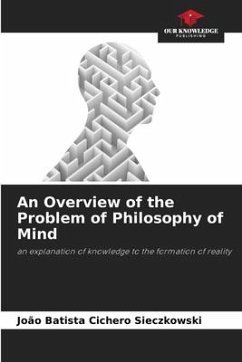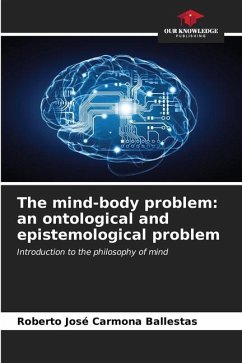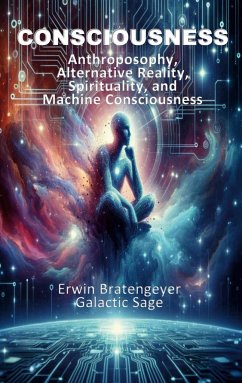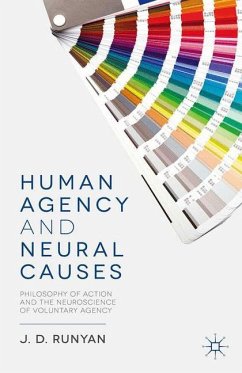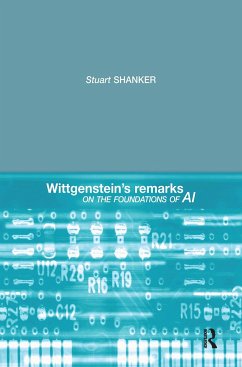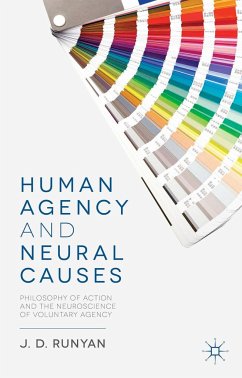
Consciousness - The End of Metaphysics

PAYBACK Punkte
0 °P sammeln!
Consciousness is our unique window to the world - each person has his own, and no other is available to us. This fundamental insight enables a completely new view of the phenomenon of consciousness that does not require metaphysical assumptions.On this basis, this book develops innovative answers to the big questions of consciousness research: How do the ability to act and subjective experience arise? How can the classic body-soul problem be rethought? The approach presented here leads from individual experience to its scientific formalization to an epistemic relativism that takes the subjecti...
Consciousness is our unique window to the world - each person has his own, and no other is available to us. This fundamental insight enables a completely new view of the phenomenon of consciousness that does not require metaphysical assumptions.On this basis, this book develops innovative answers to the big questions of consciousness research: How do the ability to act and subjective experience arise? How can the classic body-soul problem be rethought? The approach presented here leads from individual experience to its scientific formalization to an epistemic relativism that takes the subjective nature of our experience of the world seriously.Consciousness is understood as a fundamental expression of life of neuronal systems that accompanies us from birth to death. The book examines this phenomenon from different perspectives: as a complex neural network, as a superposition of multidimensional frequency patterns, and as a hierarchical regulatory system. Particular attention is paid to the mechanisms of psychosomatics and the placebo effect as well as the similarities and differences to artificial systems.This novel approach requires innovative questions and methods, which are systematically developed in this book and explained using concrete examples. The work is aimed at all those who are looking for a deeper, scientifically sound understanding of consciousness - beyond traditional metaphysical speculation.







